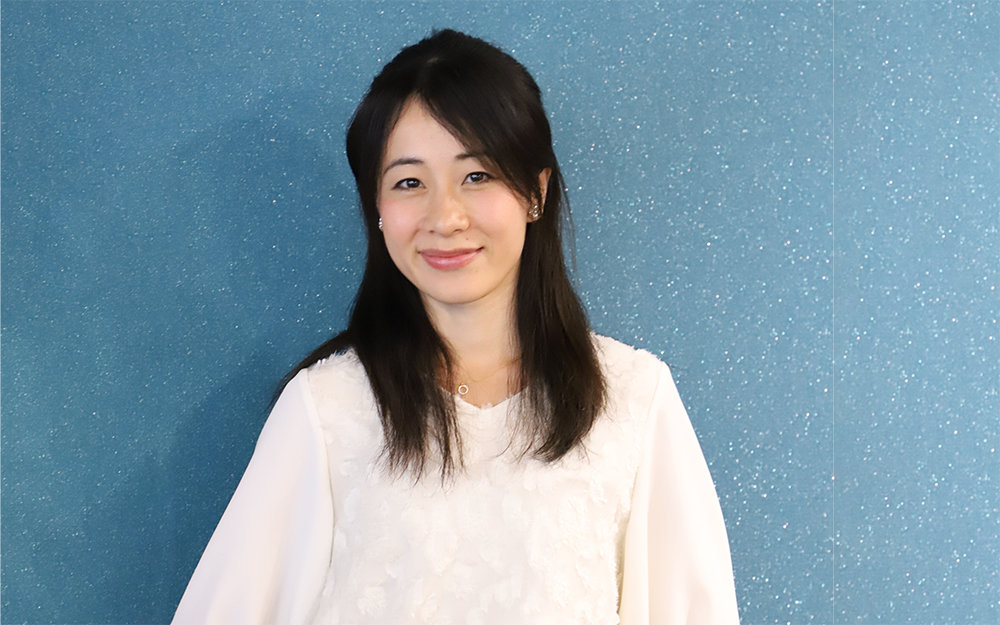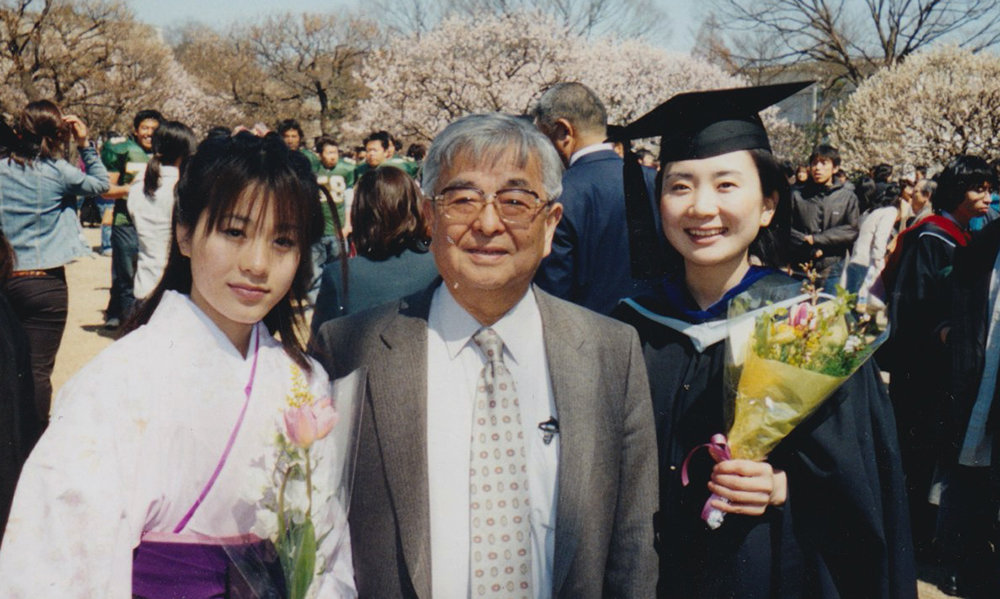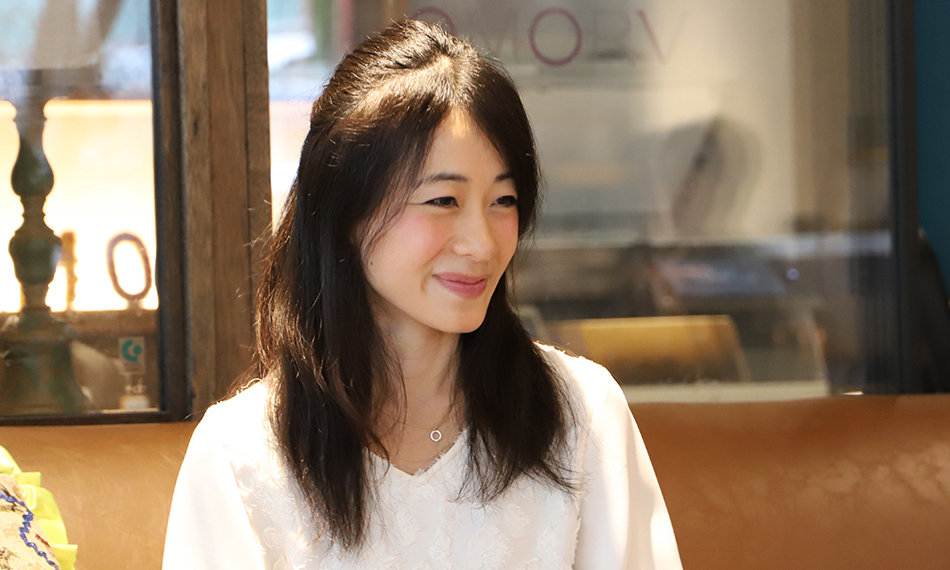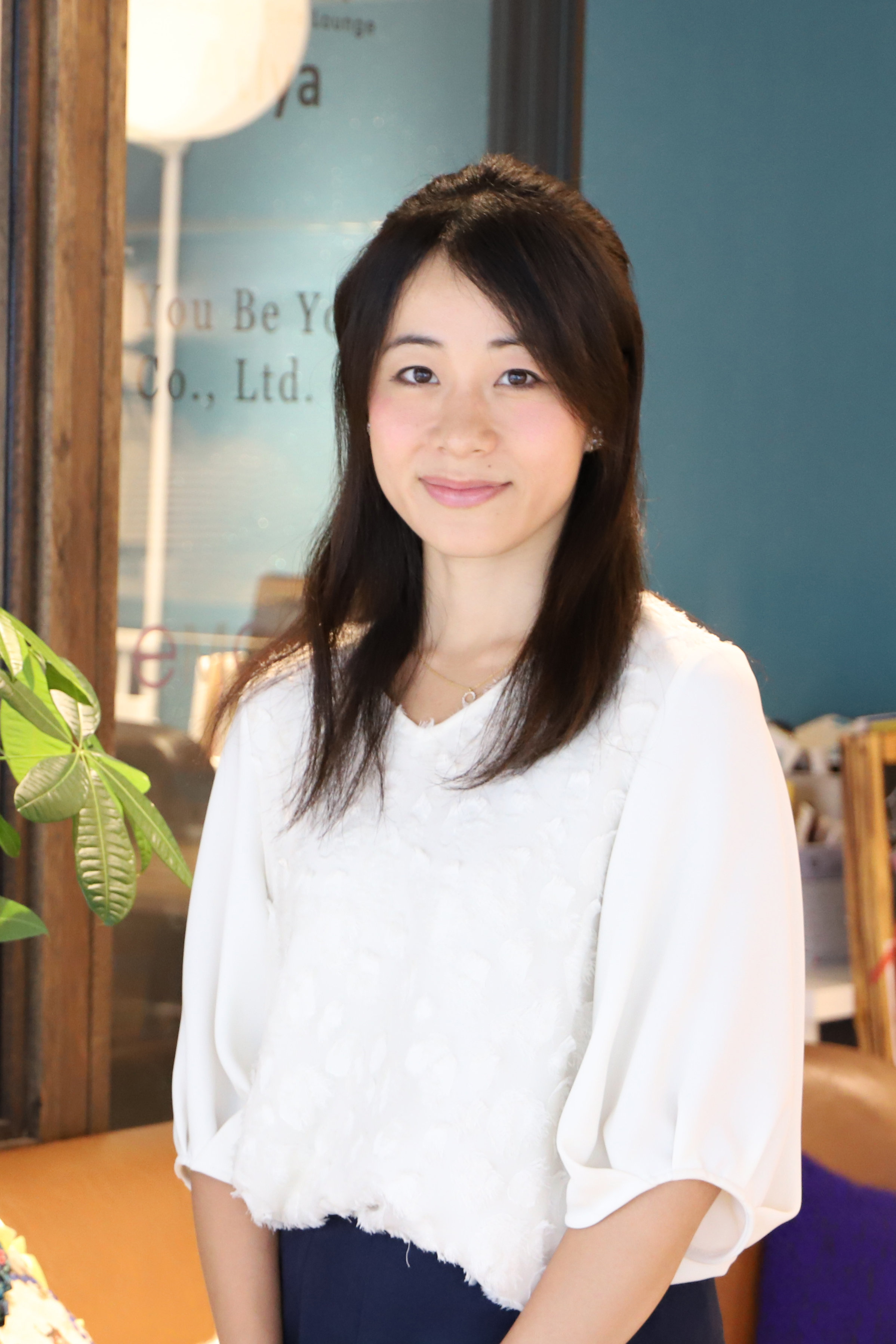Executive Officer, NPO MIRATUKU
2003 B.A., Division of International Relations (then), College of Liberal Arts
The “Sense of Appreciation” Born of a Liberal Arts Education Will Lead to World Peace

Empowering People and Organizations to Deliver Better Education to the World
I work as a Director of TANQ GAKUSHA, a private tutoring school based in Mitaka, a city on the outskirts of Tokyo. A distinctive feature of our school is that our aim is not to improve our students' grades or help them to get into elite schools, but to "light the fire of curiosity" through education. With lessons such as experiments that use marbles and balloons to represent astronomical objects and chemical elements, and lessons that teach the history of science, math, economics, and art like movies or stories, we offer many different forms of learning designed to sow the seeds of wonder and emotion.
I am also an Executive Officer of NPO MIRATUKU, which connects people of different regions and occupations with the aim of realizing a better future through innovation. At both TANQ GAKUSHA and MIRATUKU, I devote my efforts to creating environments in which our people can be themselves and flourish in their work and to maximize the power of people and organizations.
Before I started my current jobs, I mainly worked overseas for many years. After graduating from ICU, I interned at an NGO in Bangladesh, and then proceeded to post-graduate studies at the University of Sussex in the UK. I chose international education as my field of specialization and obtained my master's degree after a year of extremely hard work researching. After that, I worked in the JICA Ethiopia Office and UNICEF Bhutan Office, where I engaged in educational projects for people in developing countries. I returned to Japan in 2005, where I worked in administration in the Asia-Pacific Cultural Center for UNESCO (ACCU) for three years. Around that time, I met the man who would become my husband, the CEO of TANQ GAKUSHA, and I became deeply involved in the management of his company.
While working on various international education projects, I gained a real sense of the importance of improving the staff's working environment and pursuing organizational development. When I worked with overseas counterparts, I did not actually teach in the classroom myself, entrusting the lesson content and educational policies to the teachers, NGOs, and staff of the various government agencies. Organizational reforms are essential to ensure that these people are able to work with high motivation and to raise overall performance. While working in administration, I also attended workshops and read books to build up my expertise. The knowledge I gained in those days is serving me extremely well in my current jobs.
There are two things that I particularly value in my work. One is to be authentic to myself. Our desire as social beings to have others think well of us can be a driving force, but if we end up being manipulated by such a desire, we run the risk of neglecting our true selves. To discover our essential wishes in the bottom of our hearts and the things we want to spend our lives expressing, it is vital that we hold dialogue with and reflect on ourselves. I want to use the realizations I gain from such dialogue and reflection to address my work and my life with sincerity.
The other thing I value is the proverb, "do what is right, do your best, and then God will take care of the rest." When I was a student, I would travel to developing countries every long holiday. I would see people living in diverse cultures and environments, and I would feel keenly just how the inter-being let us alive. For that very reason, after I have done everything in my power, I surrender myself to the greater flow, believing what is meant to happen will happen. So I can face trials and live my life without faltering, I have taken this way of thinking firmly to heart.

Ms. Hotsuki (left), with her mentor, ICU Professor Akihiro Chiba (center)
A true sense of the enjoyment of learning and frequent visits to developing countries in my college years
I first heard of ICU after I read UNESCO's World Education Report in senior high school. At the time, I was writing a paper on literacy education in developing countries as a high school research assignment. It made me realize the importance of literacy education, and when I later saw a paper on the topic written by Professor Akihiro Chiba of ICU, I remember being struck by the revelation that "This is what I want to do!" I immediately ordered a pamphlet for ICU and, as I deepened my understanding of the university, my desire to attend ICU and study under Professor Chiba became stronger and stronger.
Later, when my wish came true and I entered the International Relations Department*, I studied under Professor Chiba for my senior thesis, and I was able to immerse myself in research into the state of education in developing countries. I was extremely fortunate to be able to conduct my senior thesis under the professor who had originally inspired me to attend that college, but I gained other, even greater things from my studies at ICU. For example, in one of my classes, we studied a book called Orientalism, by the academic, Edward W. Said. The realization in that class of just how much of what we think, see, feel, and express in our daily lives is seen through artificial filters left a deep impression on me. In another class, we watched the Disney movie, Aladdin, and did a critical reading that compared Aladdin's depiction as a hero with the way in which the Arab people in general were depicted. In that class, I learned that movies that I had been watching merely as entertainment actually reflected the unconscious biases and discrimination that exist in society. My college days were a constant stream of realizations of my own ignorance, and I really felt the enjoyment of learning every day.
Also, while the professors talk of the cutting-edge happenings on the ground was extremely appealing, there were also many opportunities for students to take the lead in presentations. Even though I was kept busy researching, deliberating, and preparing presentations, that environment that offered the enjoyment of thinking for myself, researching for myself, and presenting, or to put it another way, the freedom to delve as deeply as I wanted into a topic that interested me was, for me personally, a wonderful place to be.
It was also during my college years that I started making frequent trips to developing countries. ICU's autumn break (late November) coincided with the best weather in Southeast Asia, and airfares were cheaper, which made it the perfect time to go overseas. Laos, the Philippines, Cambodia, South Korea, Vietnam, Thailand--I have almost lost count of how many countries I visited. I was able to experience first-hand the way people live in those countries in all manner of ways that went beyond sightseeing. They included study tours to visit international agencies and NPOs, research field trips to plan my own research, and work camps, where we lived and worked alongside local residents. While I was in college, I knew that I wanted to work for an international organization as soon as I could, and my trips during college gave me invaluable experiences of coming into contact with people from a neutral position as a complete layperson. It was also at that time that I experienced the joy of cooperating with people from many different countries and regions to achieve the same goals.
*At that time, there were six divisions--International Relations, Education, Humanities, Languages, Social Sciences, and Science in the College of Liberal Arts. In AY2008, they were merged into the Division of Arts and Sciences.

ICU's Liberal Arts fans "the flame of curiosity"
The many things I learned at ICU remain alive and well in my life since then. For example, when I worked at ACCU, as a member of the secretariat for international conferences, I had many opportunities for discussion with experts in many different fields, such as education, evaluation, policy, and regional studies. On those occasions, I exercised my own imagination to wonder what kind of academic background and foundations their views were based on, and I worked hard to understand that more than the actual content of what they were saying.
In particular, when a discussion is at cross purposes, it is important to first doubt your own thinking and to be prepared to imagine the other person's background, what they are trying to say, and what kind of convictions their arguments are coming from. If we have a strong desire to proceed down a certain path, or we are an expert in a certain field, we tend to become entrenched in our assertions and claims. However, instead of trying to "crush" the other person's arguments with our own, we should seek out the differences in each other's opinions and build bridges between them. I feel strongly that my four years of education at ICU, which included critical thinking, gave me the foundation for these kinds of "dialogue" skills.
Out in the wider world, talk about "world peace" can often be seen as hypocritical insincere, but ICU is a place where we can declare such a goal with pride. I believe that the "sense of wonder" that emerges from a liberal arts education eventually turns into a "sense of appreciation." When we encounter various events and phenomena in the world and study those things deeply with interest, we realize how important and truly valuable they are, which brings forth a sense of appreciation. Surely, nobody would deliberately break something that is important and valuable, and I believe that this is what will lead to actions that protect peace and the world. ICU is a university that is thoroughly committed to education for that purpose, and I, too, want to make that same belief a reality in the activities of TANQ GAKUSHA.
I would ask anyone about to study at university to take the challenge of discovering your own theme that you will want to spend the rest of your life pursuing. I believe that every human being has hooks in their heart, and when they discover the learning that latches onto those hooks, that is what "lights the flame of curiosity." This is not something that others can force on you; it is created from the many different experiences and encounters you will have. With its liberal arts education, emphasis on critical thinking, small-class education, and interactive classes, ICU has a system that "lights the flame of curiosity and fans that flame." Most wonderful of all is its culture of acceptance and respect for others' differences. If you ask, the lecturers and other students are sure to accept your views and discuss them with you. I hope that you will take advantage of the unique, rich environment that only ICU can offer and forge your own path forward.
Profile
Tamami Hotsuki
Director, TANQ GAKUSHA, Executive Officer, NPO MIRATUKU
2003 B.A. in Arts and Sciences (International Relations)
After graduating from ICU, Tamami Hotsuki went onto graduate school at the University of Sussex in the UK, where she earned a Master of International Education. After working at JICA's Ethiopia Office and the UNICEF Bhutan Office, she gained employment at the Asia-Pacific Cultural Center for UNESCO (ACCU) in 2005, where she worked on the development of policies and teacher trainingcultivation of instructors for extra-curricular education, production of teaching and learning materials, and pedagogy development, while also learning about organizational development. She currently helps manage TANQ GAKUSHA as a Director and serves as Executive Officer of NPO MIRATUKU. She is qualified as a childcare worker and is the mother of two boys and three girls.




